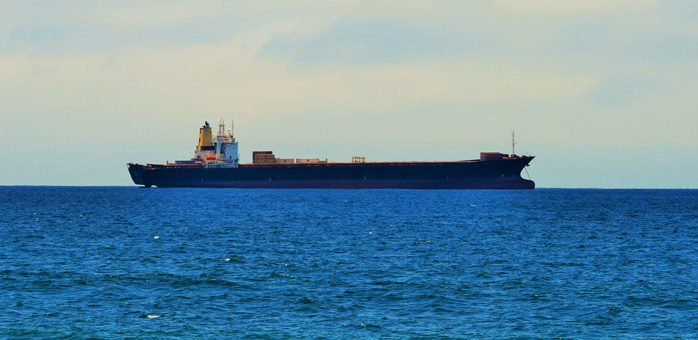Marine Environment Protection Committee’s (MEPC), 72nd session will take place from 9 to 13 April 2018, at IMO Headquarters in London. MEPC 72 will focus on five key issues: Reduction of greenhouse gas emissions from ships; Implementation of sulphur 2020 limit; Ballast water management treaty implementation; Measures to reduce risks of use and carriage of heavy fuel oil as fuel by ships in Arctic; and Marine litter.
MEPC 72 will consider a proposal to include a new output on its agenda, to address the issue of marine plastic litter from shipping in the context of 2030 Sustainable Development Goal 14 (SDG 14).
[smlsubform prepend=”GET THE SAFETY4SEA IN YOUR INBOX!” showname=false emailtxt=”” emailholder=”Enter your email address” showsubmit=true submittxt=”Submit” jsthanks=false thankyou=”Thank you for subscribing to our mailing list”]
Namely, the top five issues that will be discussed contain the following:
1. Reduction of greenhouse gas emissions from ships
MEPC 72 is expected to adopt an initial strategy on the reduction of GHG emissions from ships. The initial strategy is expected to set out the future vision for international shipping, the levels of ambition to reduce GHG emissions and guiding principles.
Moreover, energy-efficiency design standards for ships became mandatory in 2013, with the entry into force of relevant amendments to MARPOL Annex VI. The MEPC is expected to adopt draft amendments to regulation 21 of MARPOL Annex VI regarding Energy Efficiency Design Index (EEDI) requirements for ro-ro cargo and ro-ro passenger ships.
2. Implementation of sulphur 2020 limit
The 0.50% limit on sulphur in fuel oil on board ships will come into effect on 1 January 2020. The MEPC will consider draft amendments to MARPOL Annex VI to prohibit the carriage of non-compliant fuel oil. The exception would be for ships with an approved “equivalent arrangement” to meet the sulphur limit, such as scrubbers.
MEPC 72 will also consider a draft for best practice guidance for fuel oil purchasers/users; and for fuel oil providers. The best practices are intended to ensure quality of fuel oil used by ships.
3. Implementation of the Ballast Water Management Convention
MEPC 72 is expected to adopt amendments to the BWM Convention, which were approved at the last session. The draft amendments relate to the implementation of the treaty, including the schedule for ships to comply with the requirement to meet the so-called D-2 standard.
Furthermore, MEPC 72 will finalize and approve guidance on scaling of ballast water management systems (BWMS) and on the type approval process for BWMS; consider matters about surveys under the BWM Convention following the Interim Survey Guidelines under the BWM Convention into the Harmonized System for Survey and Certification; and consider the application of the BWM Convention to certain specialized ship types.
4. Heavy fuel oil in the Arctic
MEPC 72 will discuss measures to reduce risks of use and carriage of heavy fuel oil (HFO) as fuel by ships in Arctic waters. Specifically, MEPC is expected to consider submitted proposals on what type of measures should be developed, in order to give clear instructions to the Sub-Committee on Prevention of Pollution (PPR 6) to start the work when it next meets in early 2019.
Today, the use and carriage of HFO is banned in the Antarctic under MARPOL Annex I regulation 43. It is recommended in the Polar Code that the same rules are applied in the Arctic.
5. Marine litter
Lastly, MEPC 72 will consider a proposal to include a new output on its agenda, regarding marine plastic litter from shipping in the context of 2030 Sustainable Development Goal 14 (SDG 14).






























































